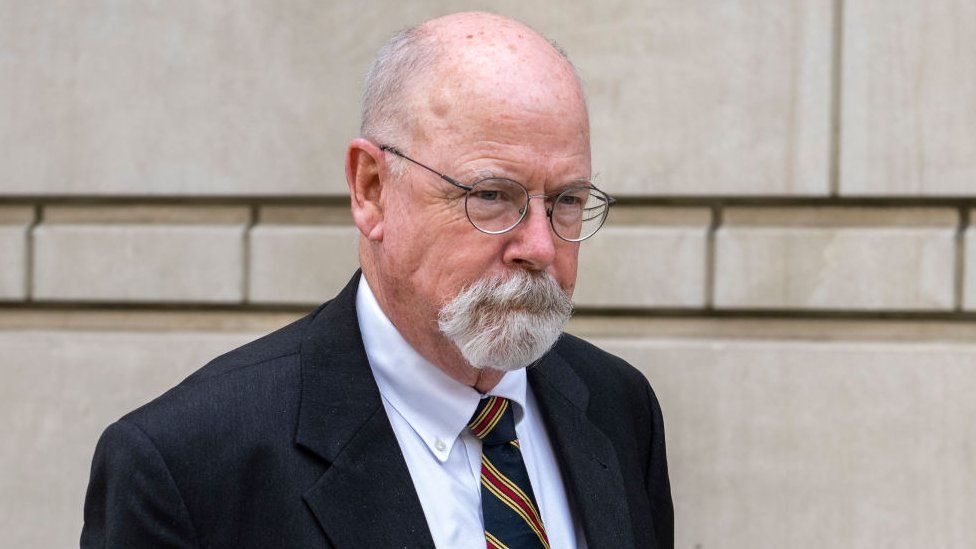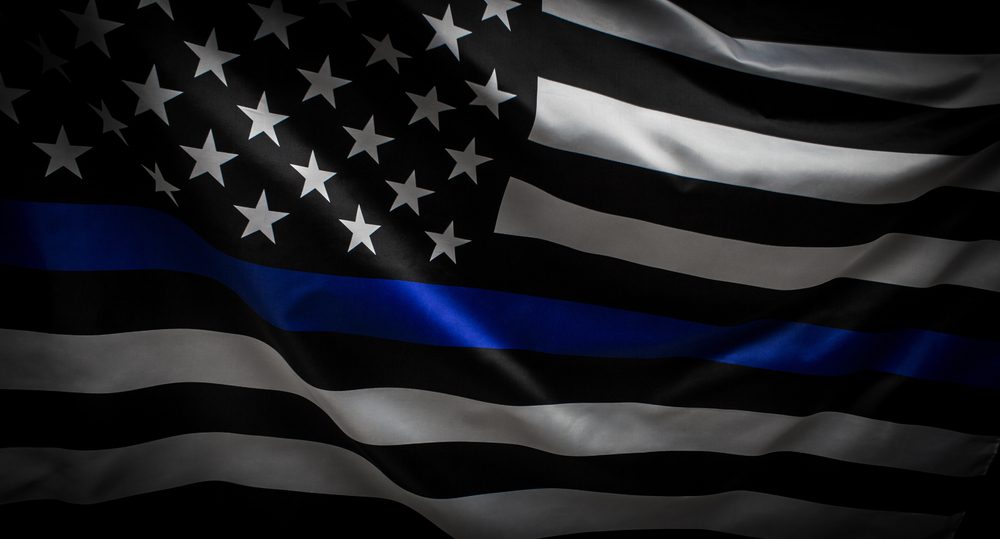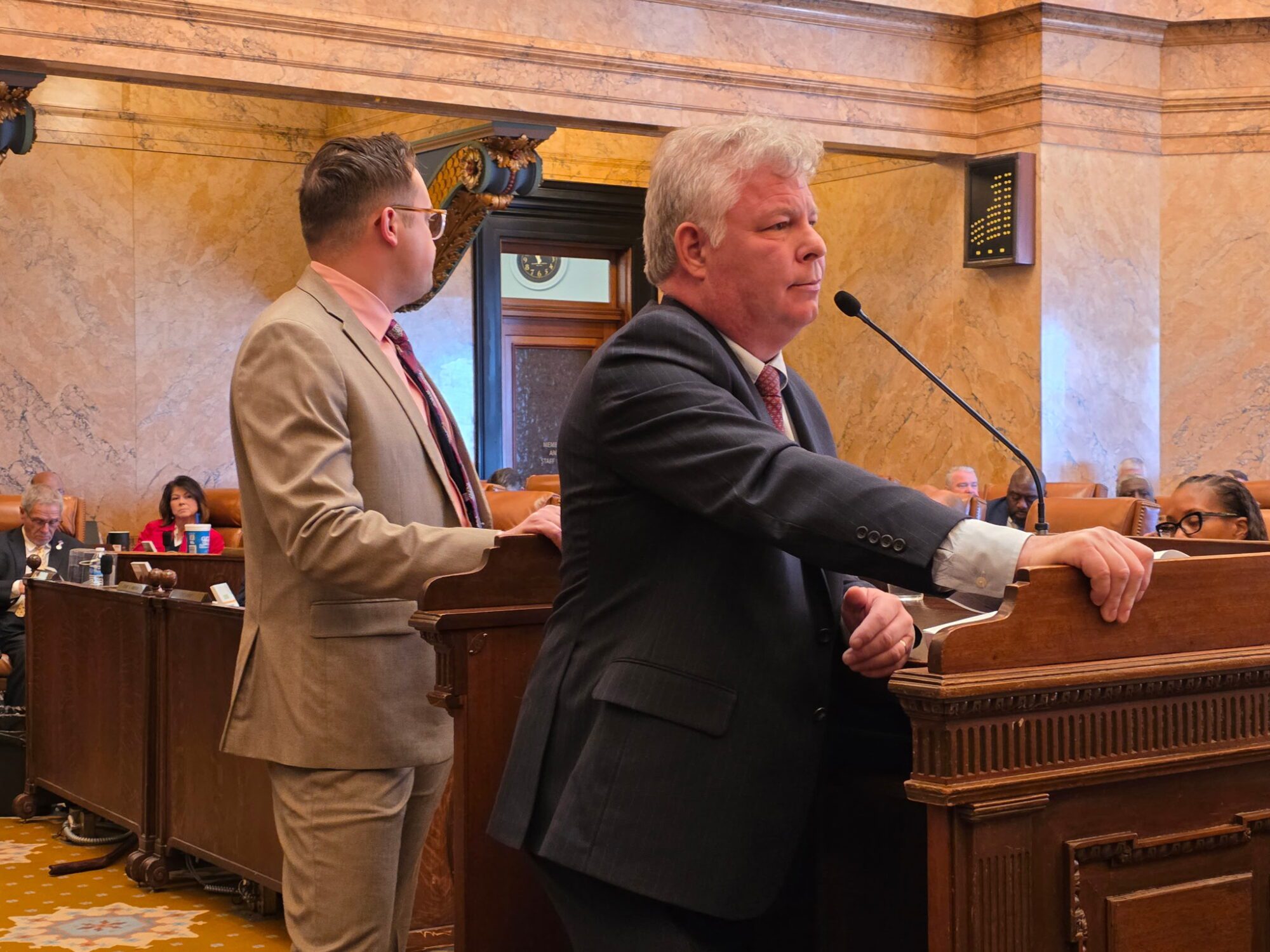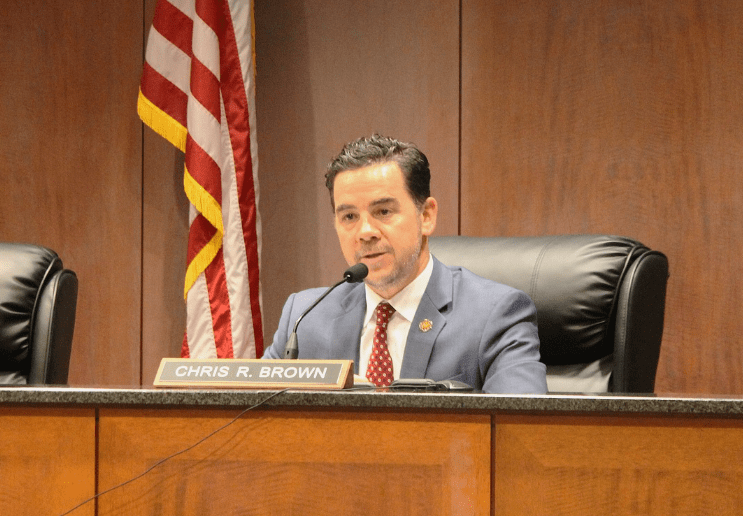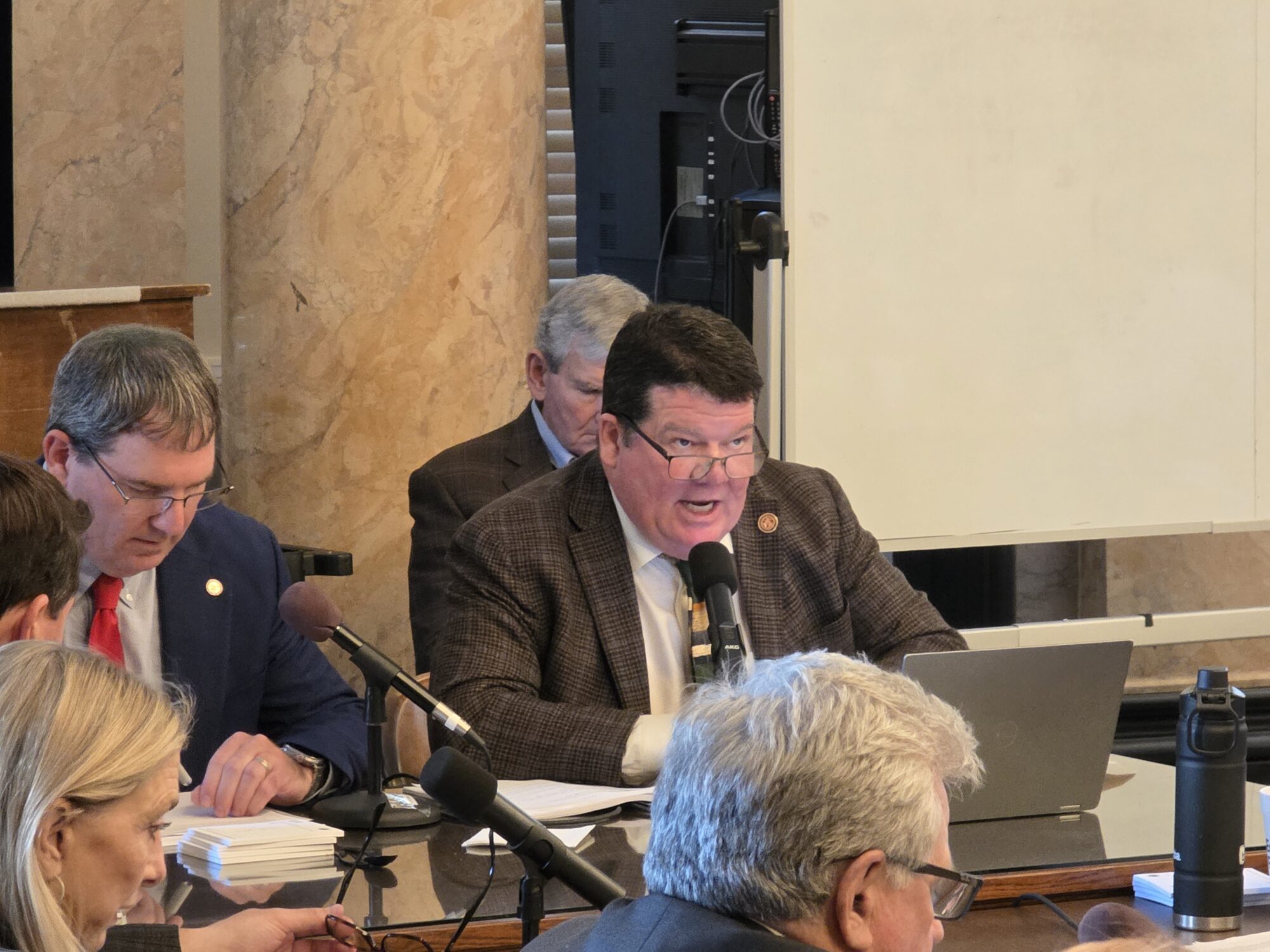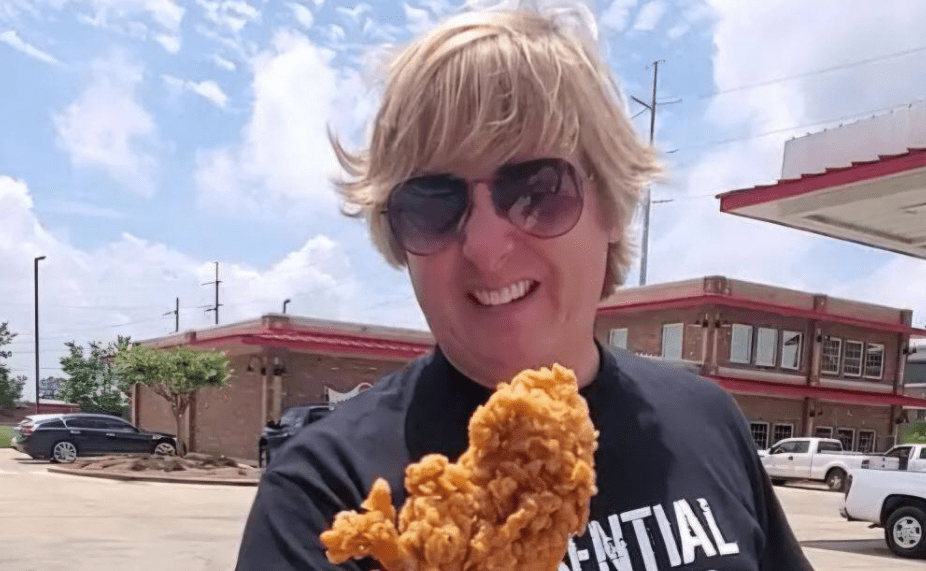
Sid Salter
Carter’s background in Democratic Party politics and civil rights activism in Mississippi positioned him for his distinguished service during the Iranian hostage crisis.
The scion of one of the first families of Deep South print journalism during the civil rights movement, Hodding Carter III cast an impactful shadow during his long and impactful life. Carter died May 11 in Chapel Hill, N.C. at age 88 following a series of strokes.
Outside of Mississippi, Carter was best known as the assistant U.S. Secretary of State for public affairs during the Iranian hostage crisis in 1979 when militants seized the American Embassy in Tehran and held 52 Americans captive for 444 days.
Carter earned high praise for his efforts on behalf of President Jimmy Carter (no relation) and then-Secretary of State Cyrus Vance as he became the face of the U.S. government during the crisis. President Carter and Secretary Vance feared a misstep or misstatement on their part on television might endanger the lives of the hostages, so spokesman Carter was left to face the media daily and make decisions on his responses while in the glare of the klieg lights.
Hodding Carter III faced the media and the American public more during the hostage crisis than did President Carter’s White House Press Secretary Jody Powell and he was more than up to the task. But Carter was not immune to the lunge-and-parry with the reporters covering the State Dept. during that dangerous crisis.
During a press briefing, Carter once famously threw a rubber chicken at the particularly contentious reporter Lester “The Mad Monk” Kinsolving when the cameras weren’t rolling. Kinsolving was a former Episcopal priest who tormented public officials and their spokesmen with often irrelevant and sometimes downright odd questions.
But it was Carter’s background in Democratic Party politics and civil rights activism in Mississippi that positioned him for his distinguished service during the Iranian hostage crisis.
William Hodding Carter III was the eldest son of “Big” Hodding Carter and Betty Werlein Carter. The elder Carter was a legendary Mississippi newspaper editor who took courageous stands on race and civil rights and who won the 1946 Pulitzer Prize for Editorial Writing in an editorial decrying the shameful treatment of Japanese American soldiers returning from combat in World War II.
The notoriety of the father in many similar instances cast a professional shadow that the son struggles to escape, but not so with “Little” Hodding Carter. Few outside Mississippi ever used that reference.
The younger Carter graduated from Greenville High School after attending boarding school at Phillips Exeter Academy in New Hampshire. He was a summa cum laude graduate of Princeton and served two years in the U.S. Marine Corps. He was honorably discharged in 1959 as a second lieutenant.
After his military service, Carter joined the staff of his family’s Greenville newspaper, The Delta Democrat-Times for 17 years. He rose from reporter and editorial writer to managing editor to associate publisher. He earned national Sigma Delta Chi journalism recognition for his editorial writing and was named a Nieman Fellow at Harvard University.
In 1968, Carter played a significant role in uniting a biracial Mississippi Democratic Party after the bitter credentials clash for the Mississippi delegation at the 1964 convention. In 1968, Carter’s “Loyalist” faction outmaneuvered the “Regulars” from the party’s formerly white majority – with the Loyalists including 1964’s “Freedom Democrats” along with the younger white Democrats.
That 1968 “Loyalist” win, many observers suggest, marked the beginning of the rise of the modern Republican Party in Mississippi – the party that now dominates the Mississippi congressional delegation, all eight statewide elected offices and both houses of the Mississippi Legislature.
One of the state’s young Republicans in those days was Haley Barbour, who after being chairman of the Republican National Committee and serving two terms as Mississippi’s governor, was in 2011 flirting with making a GOP presidential bid in 2012.
Carter was asked by a Pennsylvania newspaper about Barbour’s chances. What did the lifetime Democrat say? He called Barbour “a wonderful guy.”
“Barbour is constantly calculating what he needs to do with a wink and a nod to appeal to the right-wing base and at the same time be defended by friends who say he’s not a racist, which is true. His Southernness is one hell of a leg up for him,” he said. “Of course, can he carry Michigan?”
Carter’s final career stop was on the faculty of the University of North Carolina at Chapel Hill.

